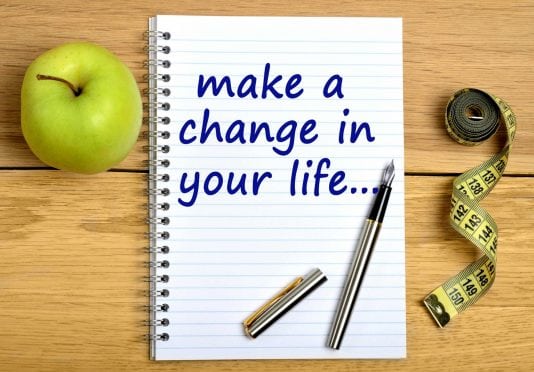Do you look forward to a big meal at the end of your day? Or maybe a late night snack before bed?
It may not be the best choice for your diet or digestion, says Jamie Allers, MS, RD.
Allers explains how late night meals affect your digestion and food choices and offers tips for adjusting your meal timing and planning to optimize your health.
Nighttime woes
When you eat may not be as important as what you eat, but late night meals or snacks come with risks.
“We all have work schedules and family dynamics that impact our eating habits,” Allers says.
Late night eating can cause heartburn or acid reflux, especially if you lie down after or choose spicy, fatty or fried items. If you eat sugar or carbs late at night, you won’t have the chance to burn it off and your body will store those calories as fat.
Eating late at night also opens the door to making less diet-friendly choices. Odds are, you aren’t satisfying a late night craving with steamed vegetables – you’re more likely to reach for ice cream or munchies.
To stay clear of these pitfalls, plan to eat dinner at least three hours before going to bed.
Balancing act
Searching for an excuse to stop cooking a big meal every night? This might be it.
“If you can balance your meals, either large lunch and small dinner or lighter lunch and full dinner, it may be better than two larger meals,” Allers says. “We are used to having dinner be the larger meal in America, maybe on the weekend try to plan a larger midday meal and smaller dinner.”
Opting for balanced meals all throughout the day instead of a larger meal at night allows for a healthy metabolic system and response. Each meal should contain:
- Healthy protein
- Complex carbohydrates
- Vegetables
A good way to think about it is half a plate of non-starchy veggies like salad or greens, a quarter for higher carb foods like pasta, rice or potatoes, and protein in the last quarter.
> Related: Why We Can’t Stop Eating Junk Foods Once We Start
Write it down
If you still aren’t seeing the results you want – and even if you are – consider tracking what you eat.
“I encourage clients to try a food journal to track what they are eating, when they eat it and where they hit barriers. It’s about self-accountability, but also to see what is working, whether you need to meal prep on the weekends, or how you may turn to fast food if you get out of work late,” she says.
When journaling, focus on behavior and ways to support healthy eating patterns instead of jotting down calories and portions. However, Allers says you can see how you might eat ice cream nightly or nosh mindlessly rather than making healthy choices.
“Consistency and structure are a good place to start, to make sure you have building blocks in place throughout the day to reduce late night eating,” Allers says, urging small changes, such as adding more vegetables to your day, instead of drastic ones.



